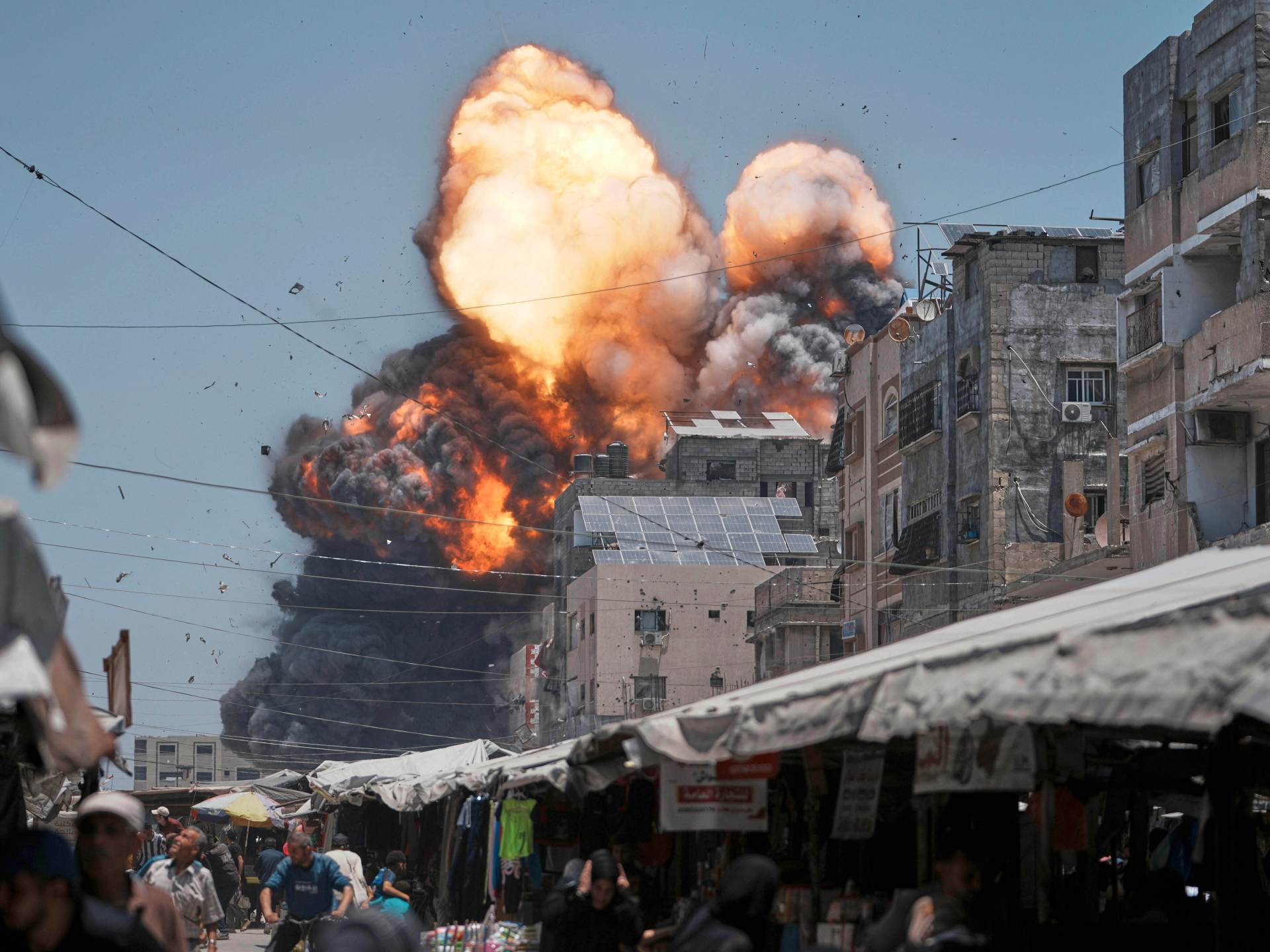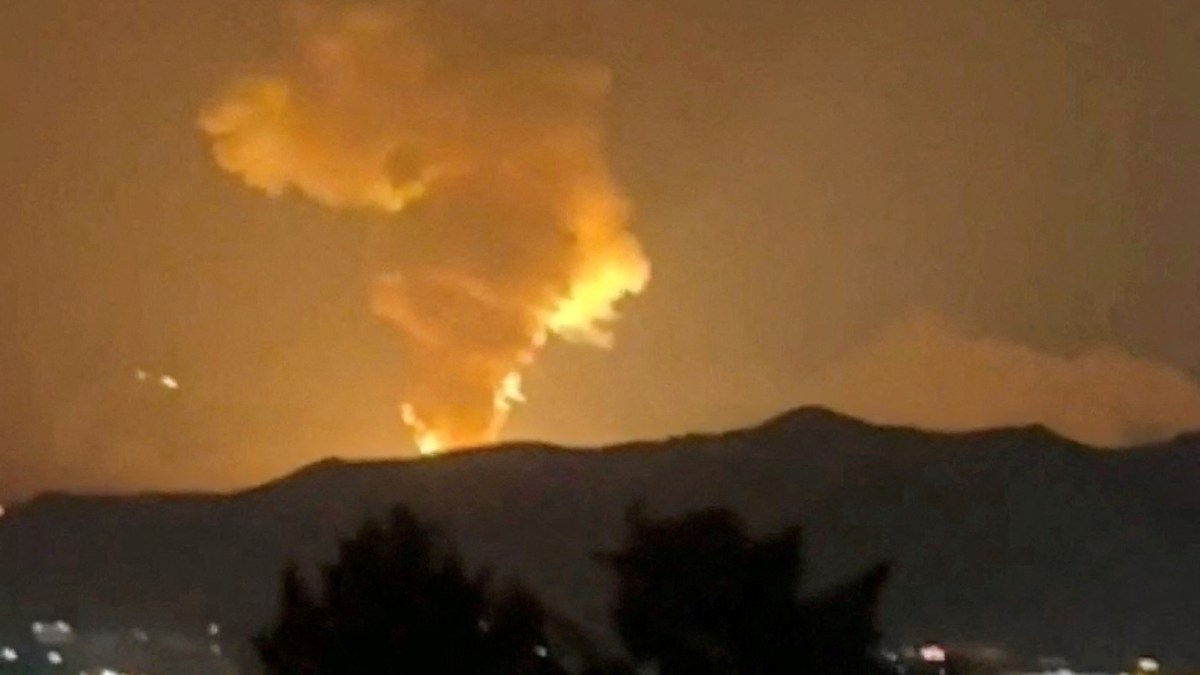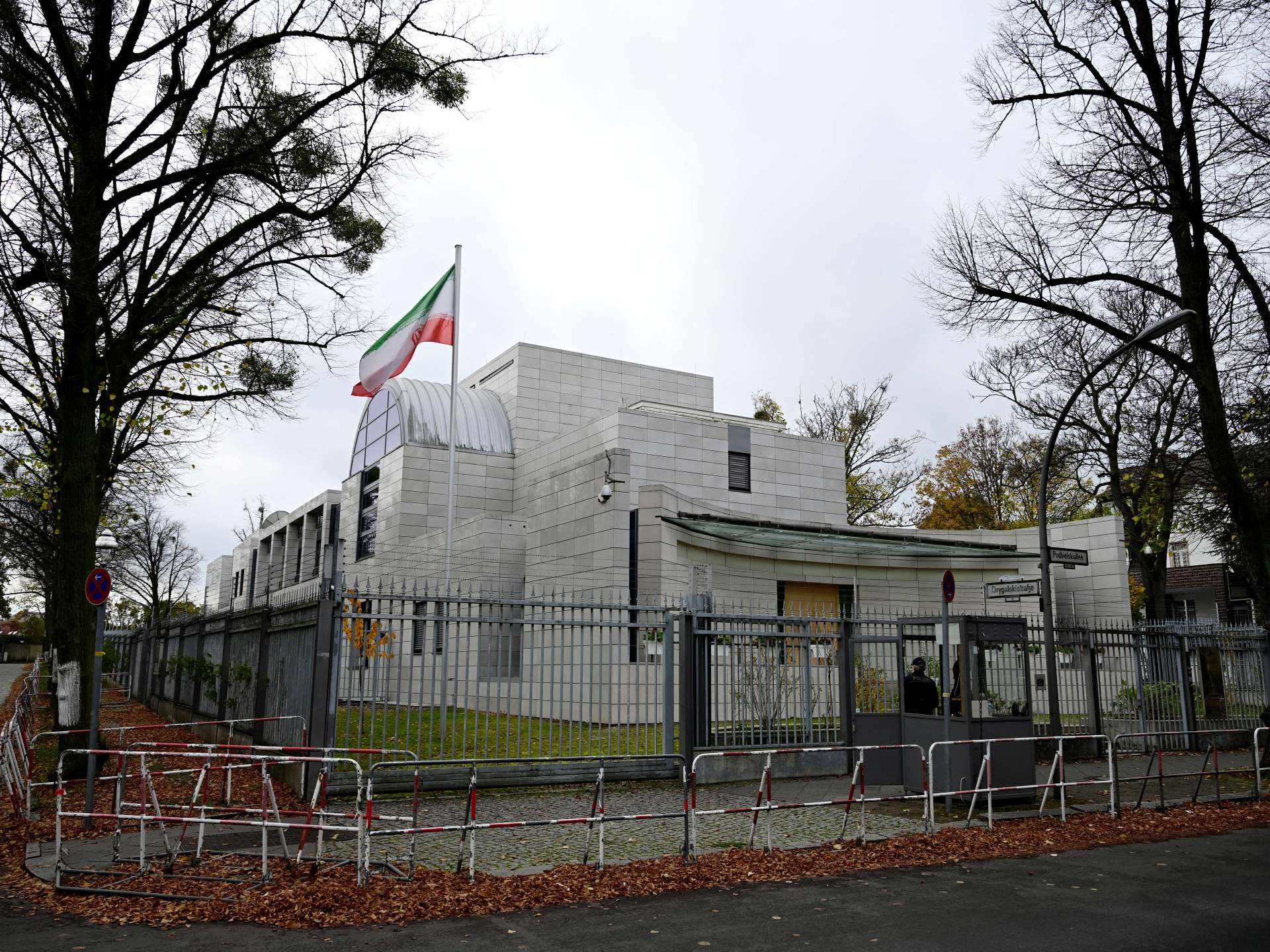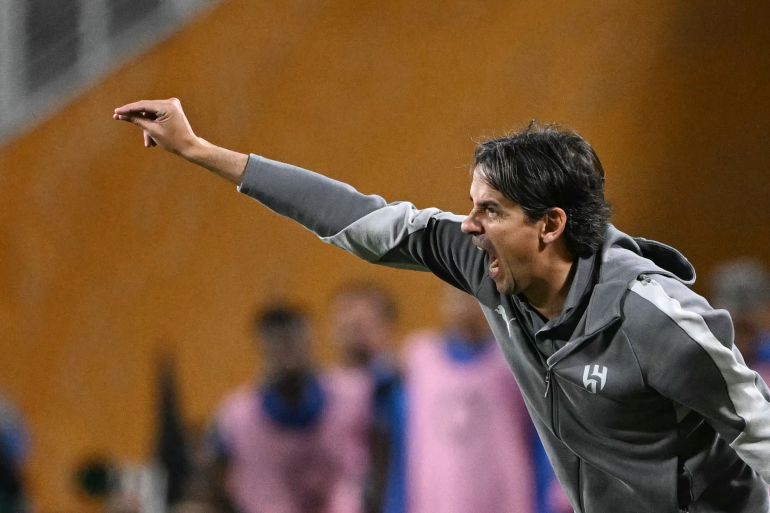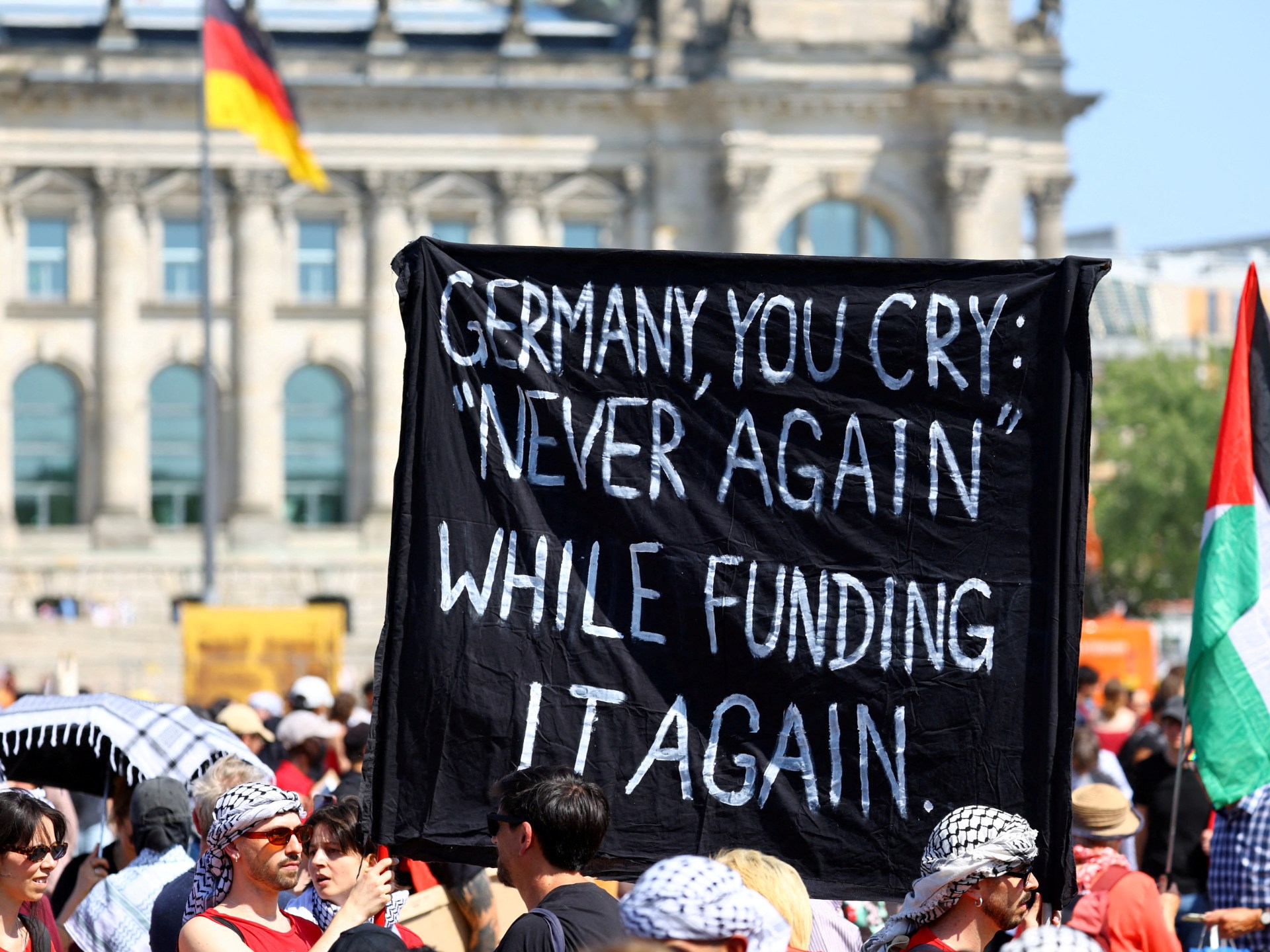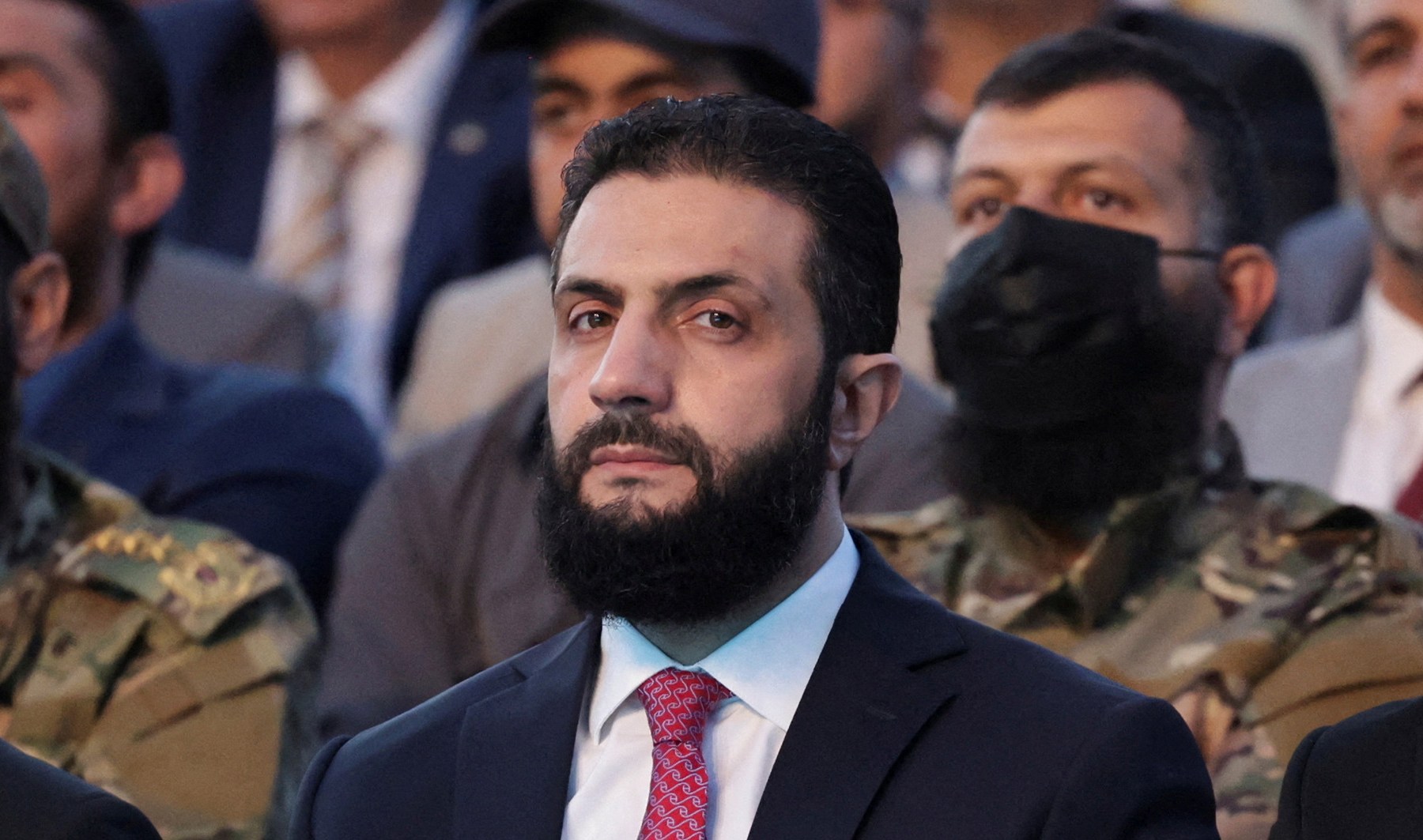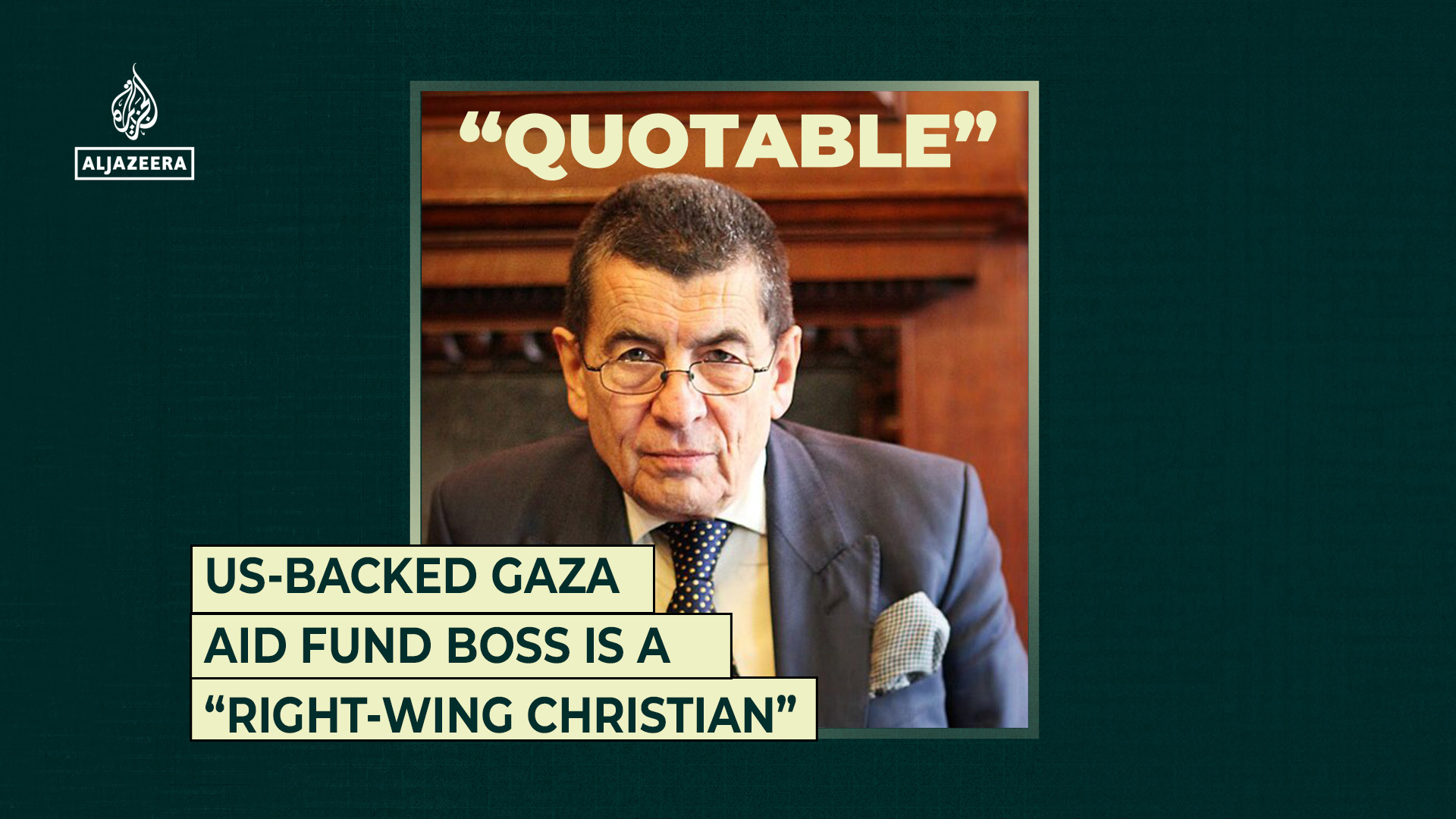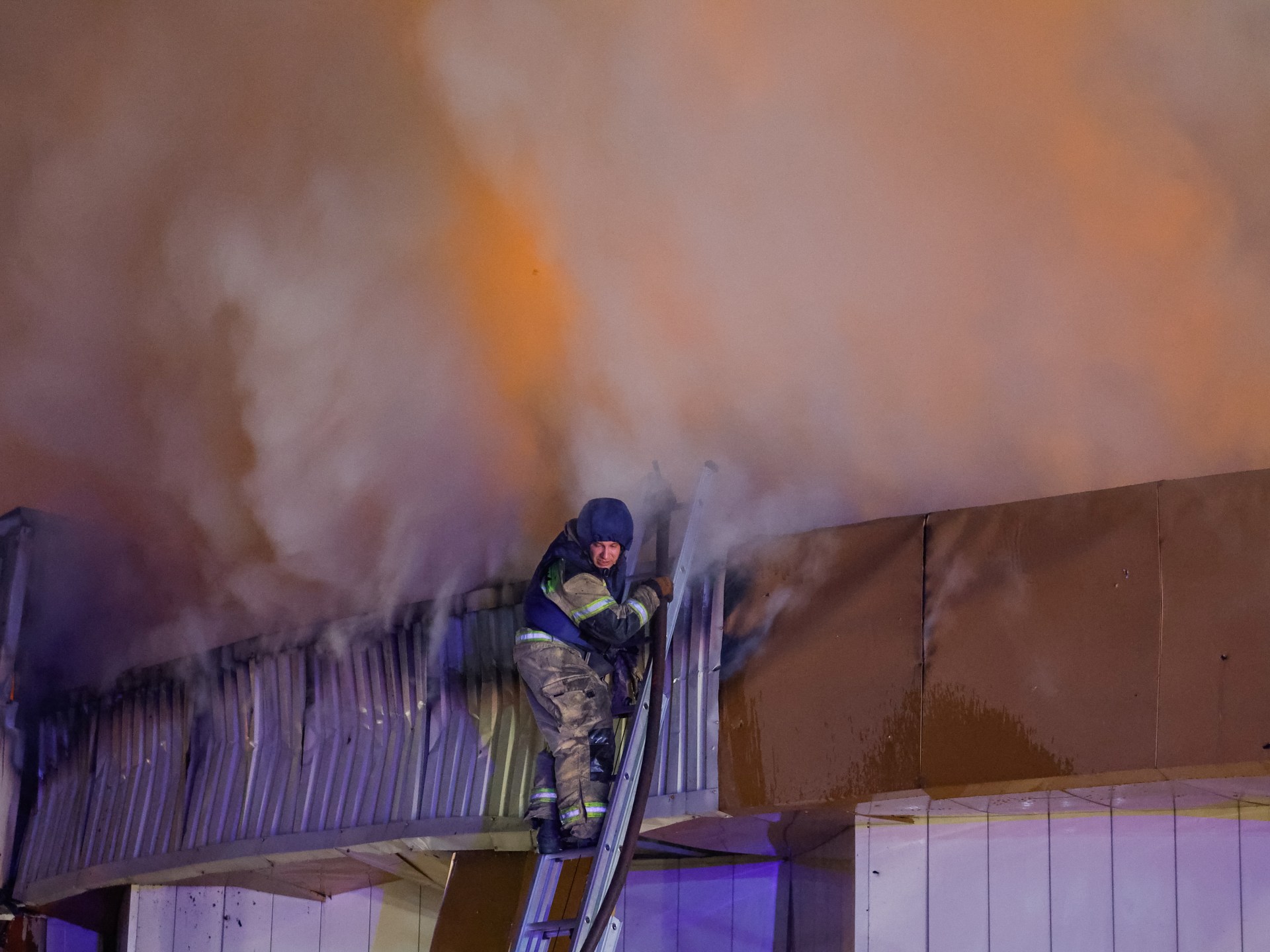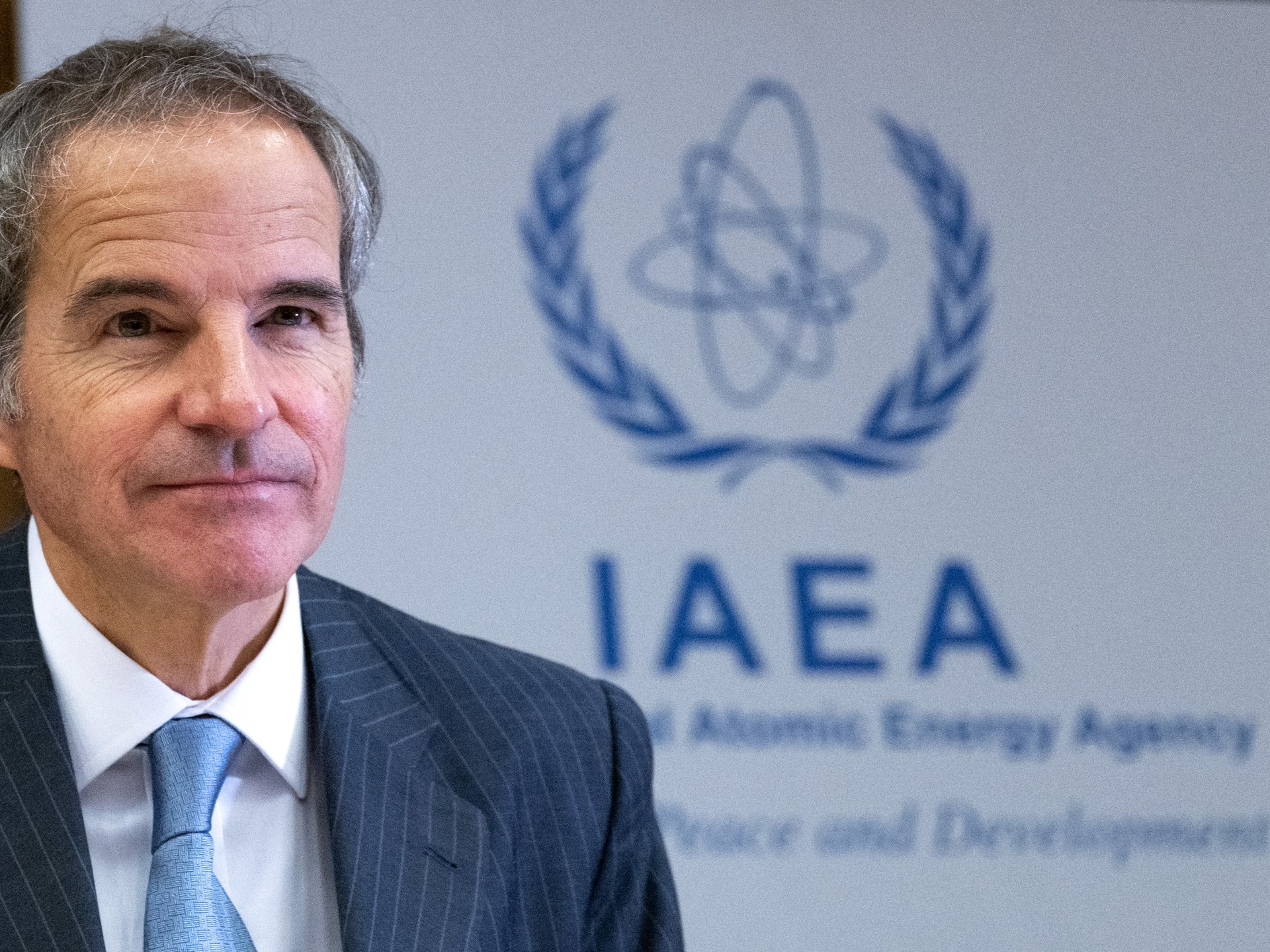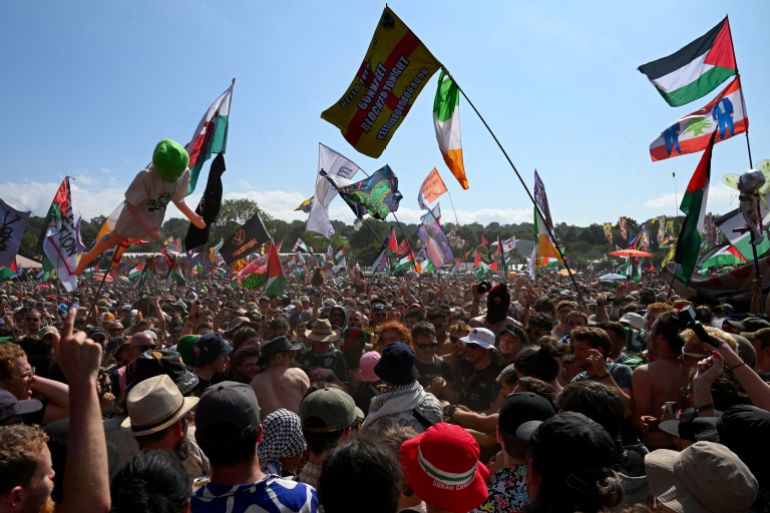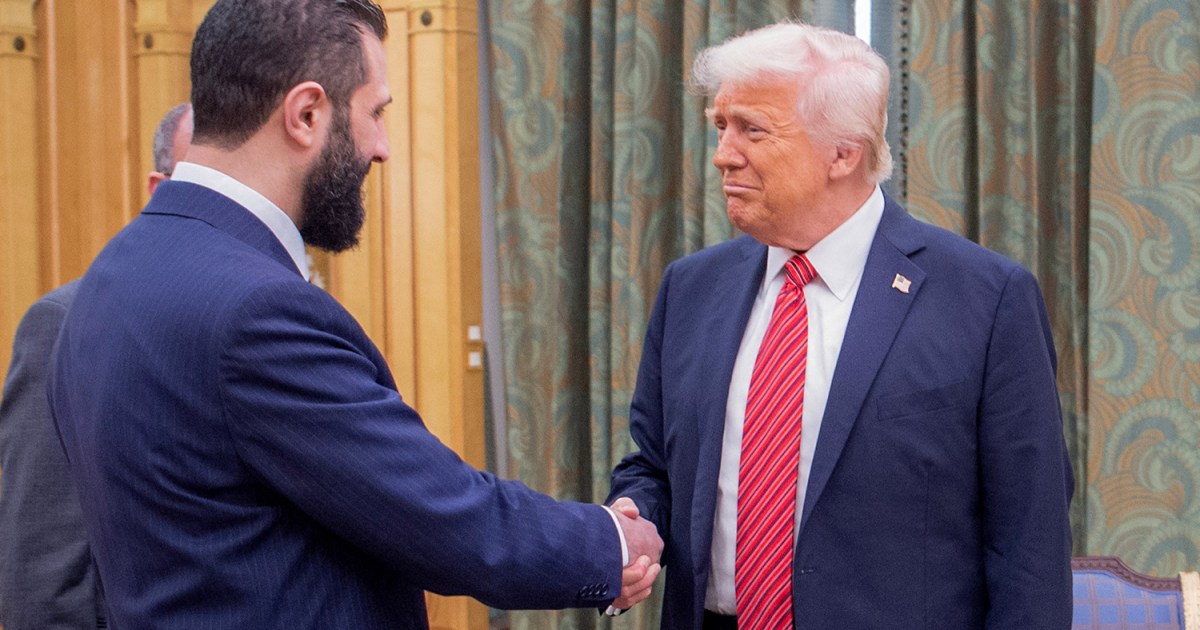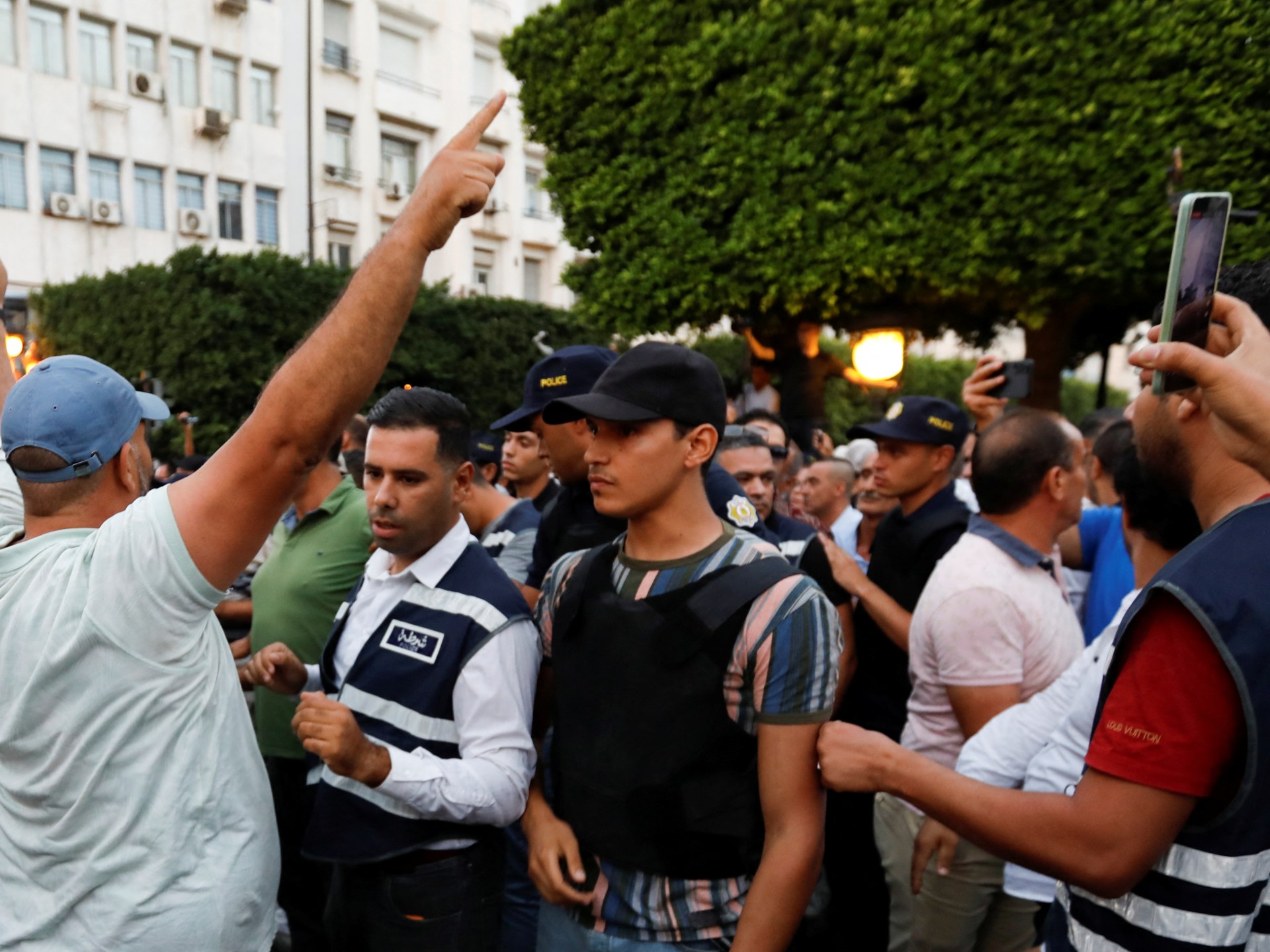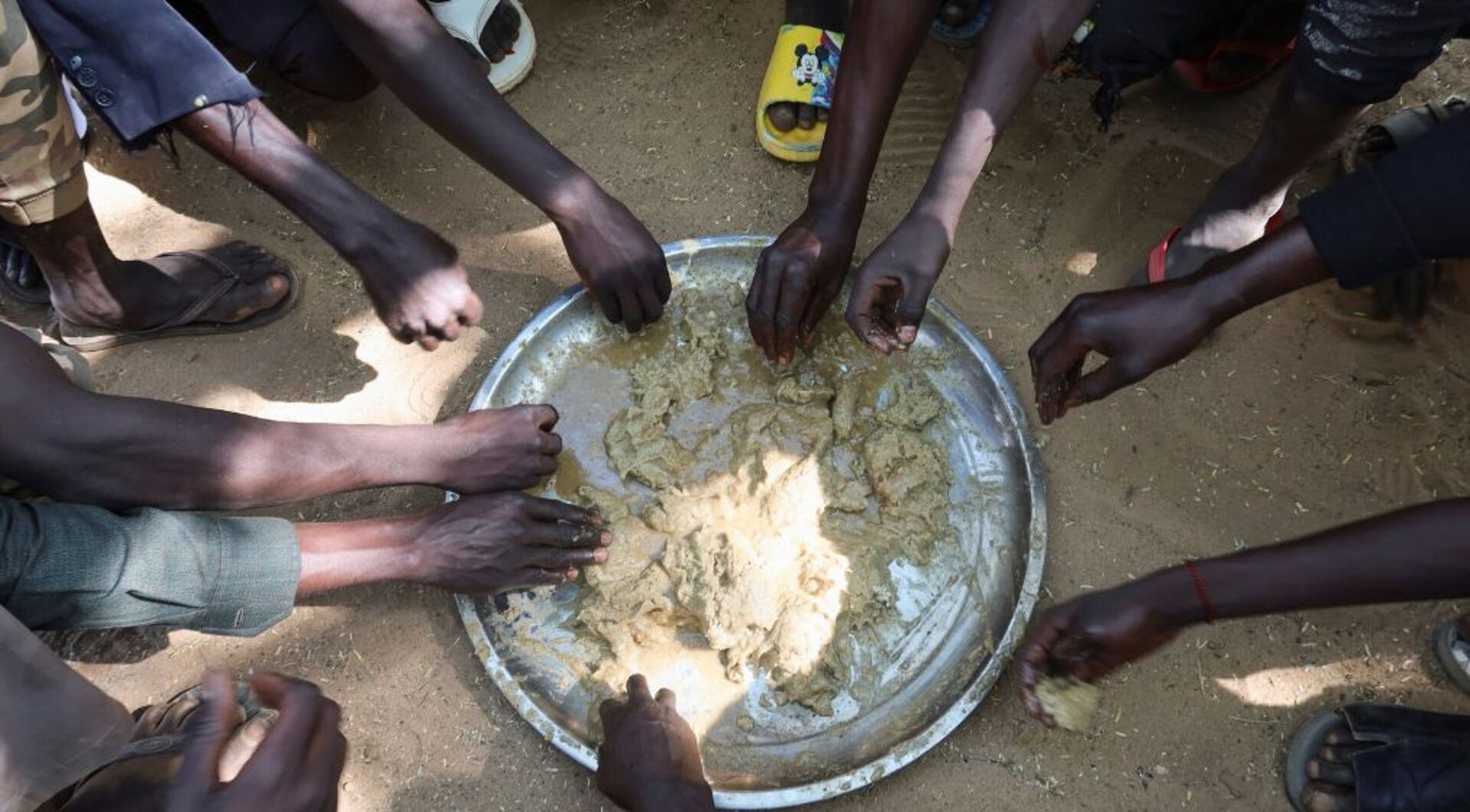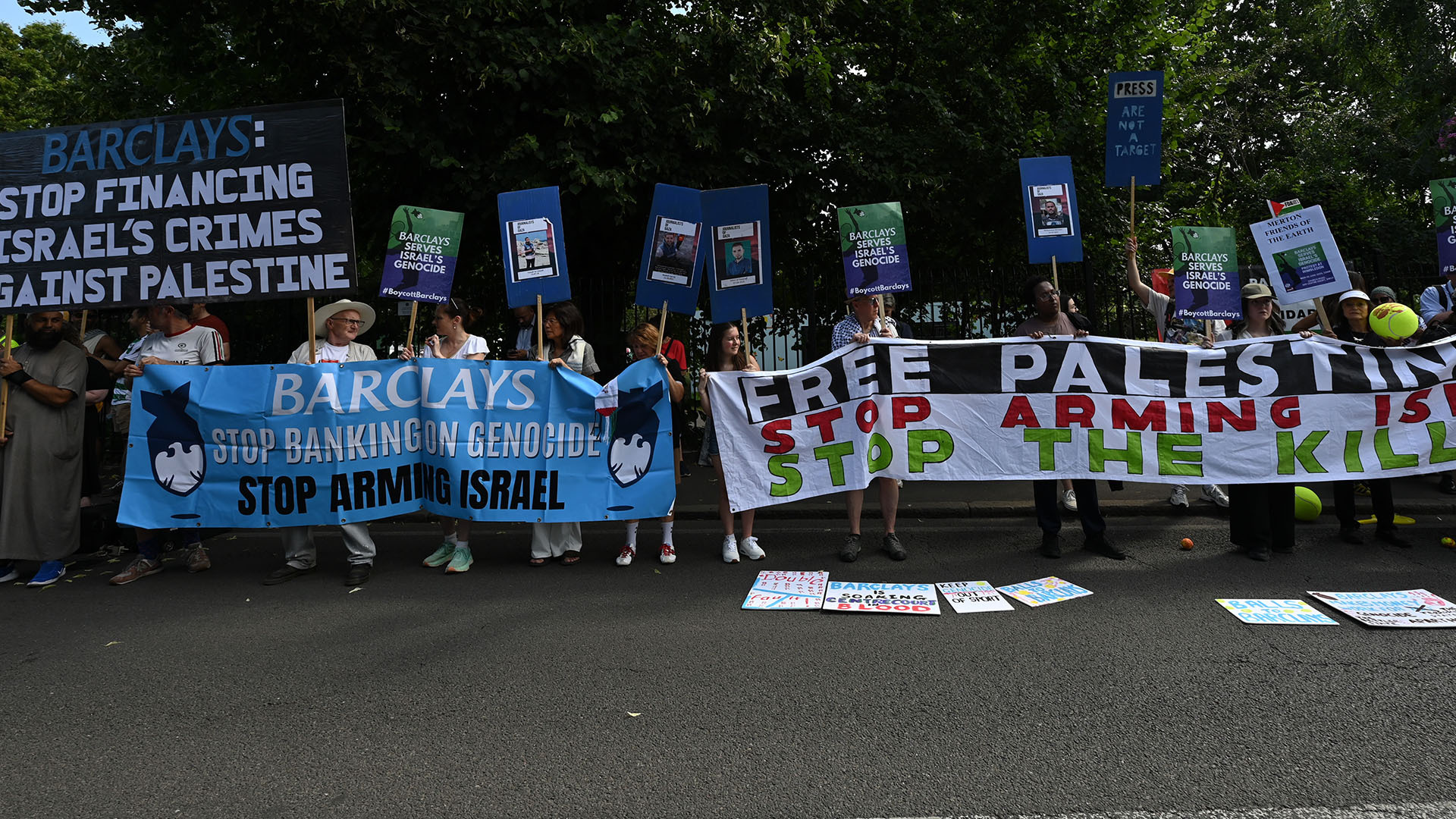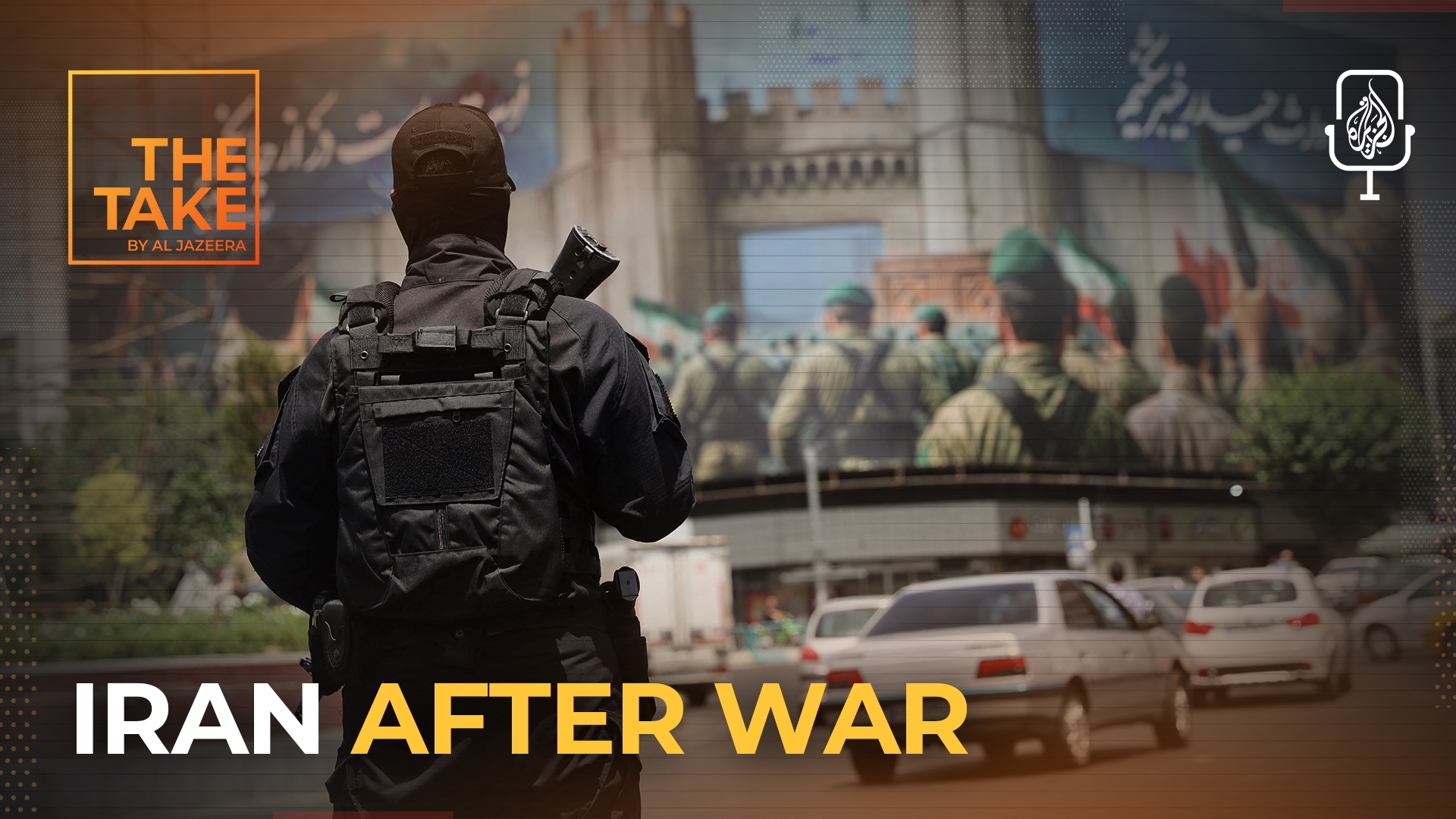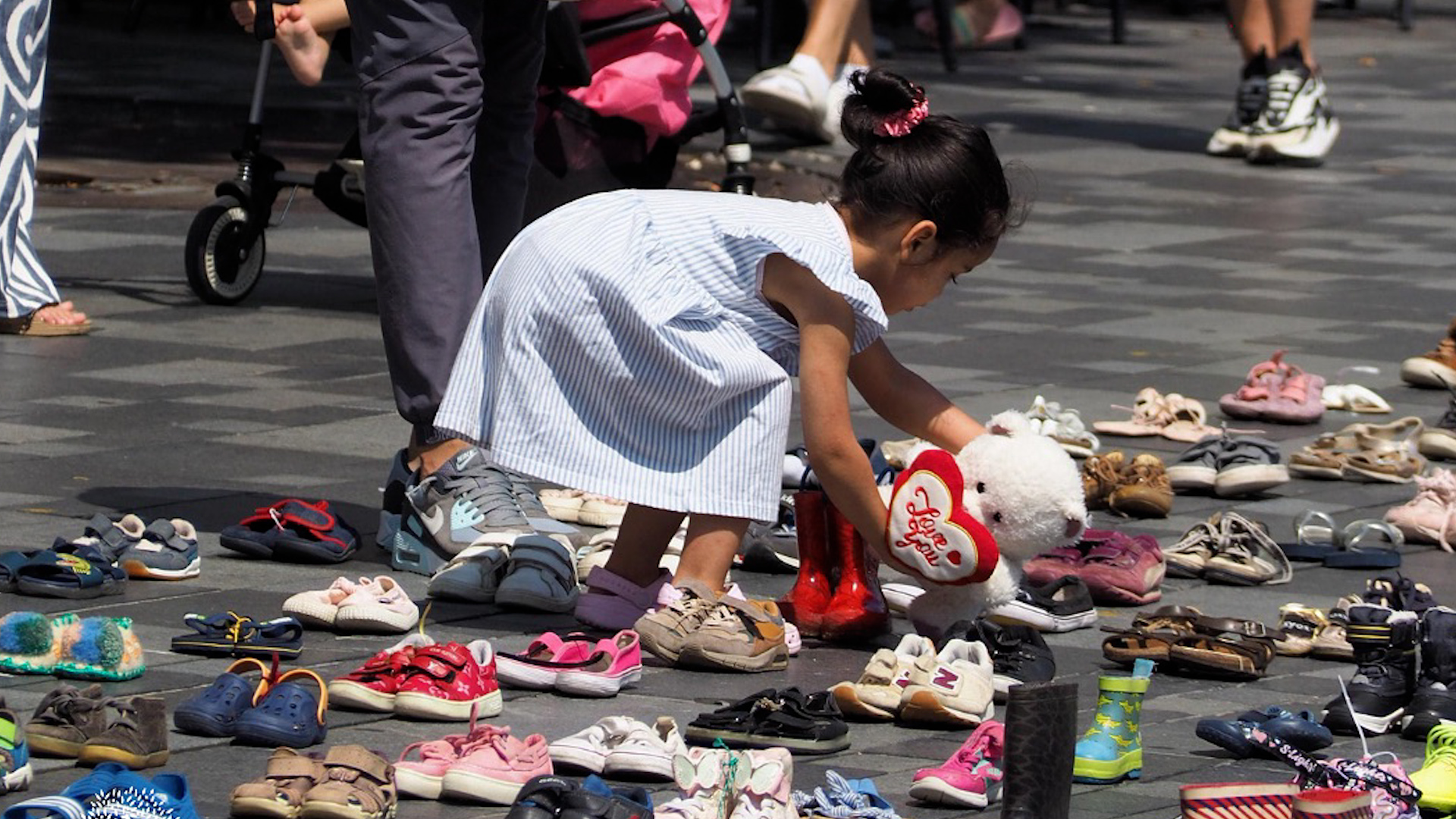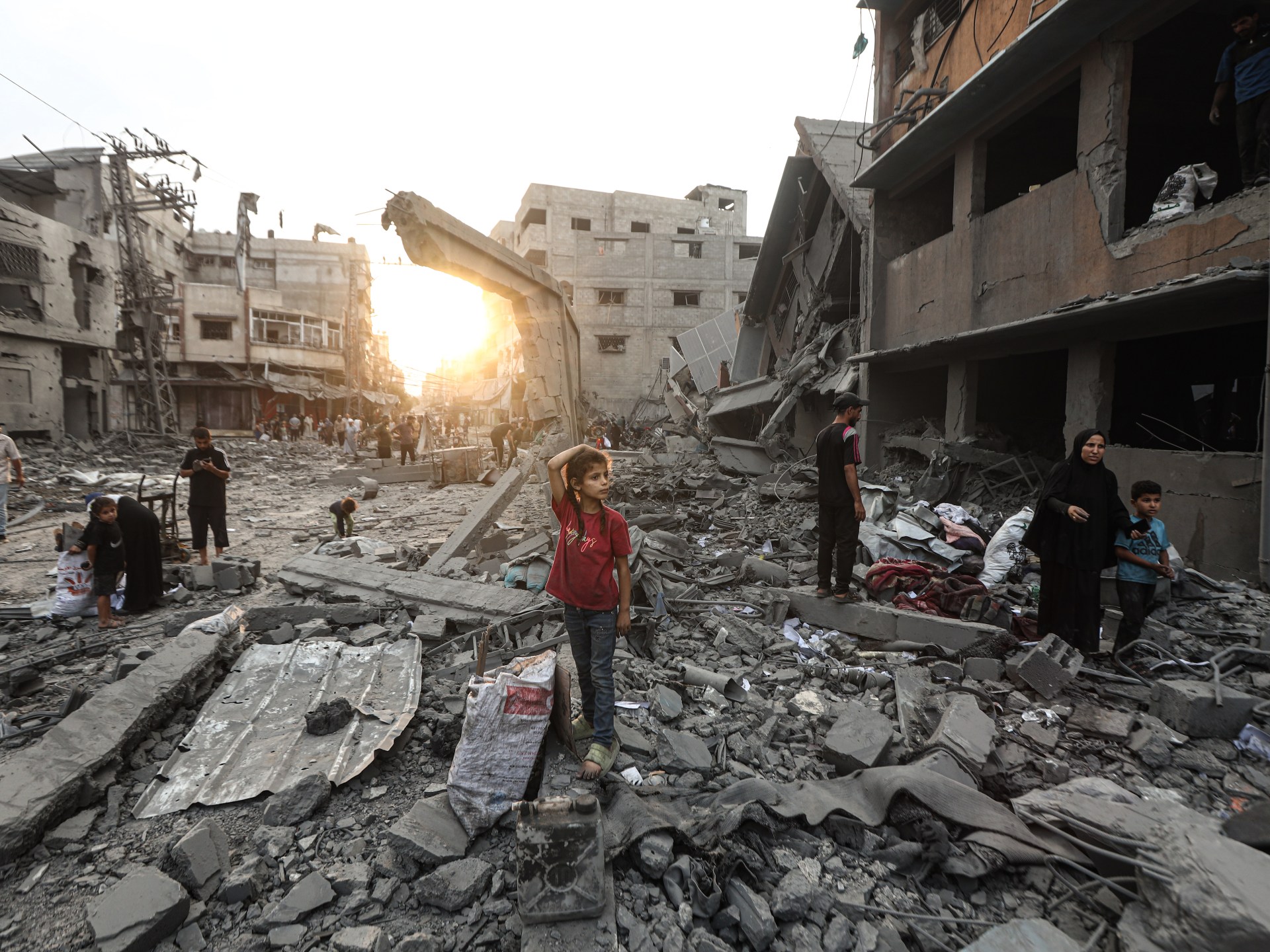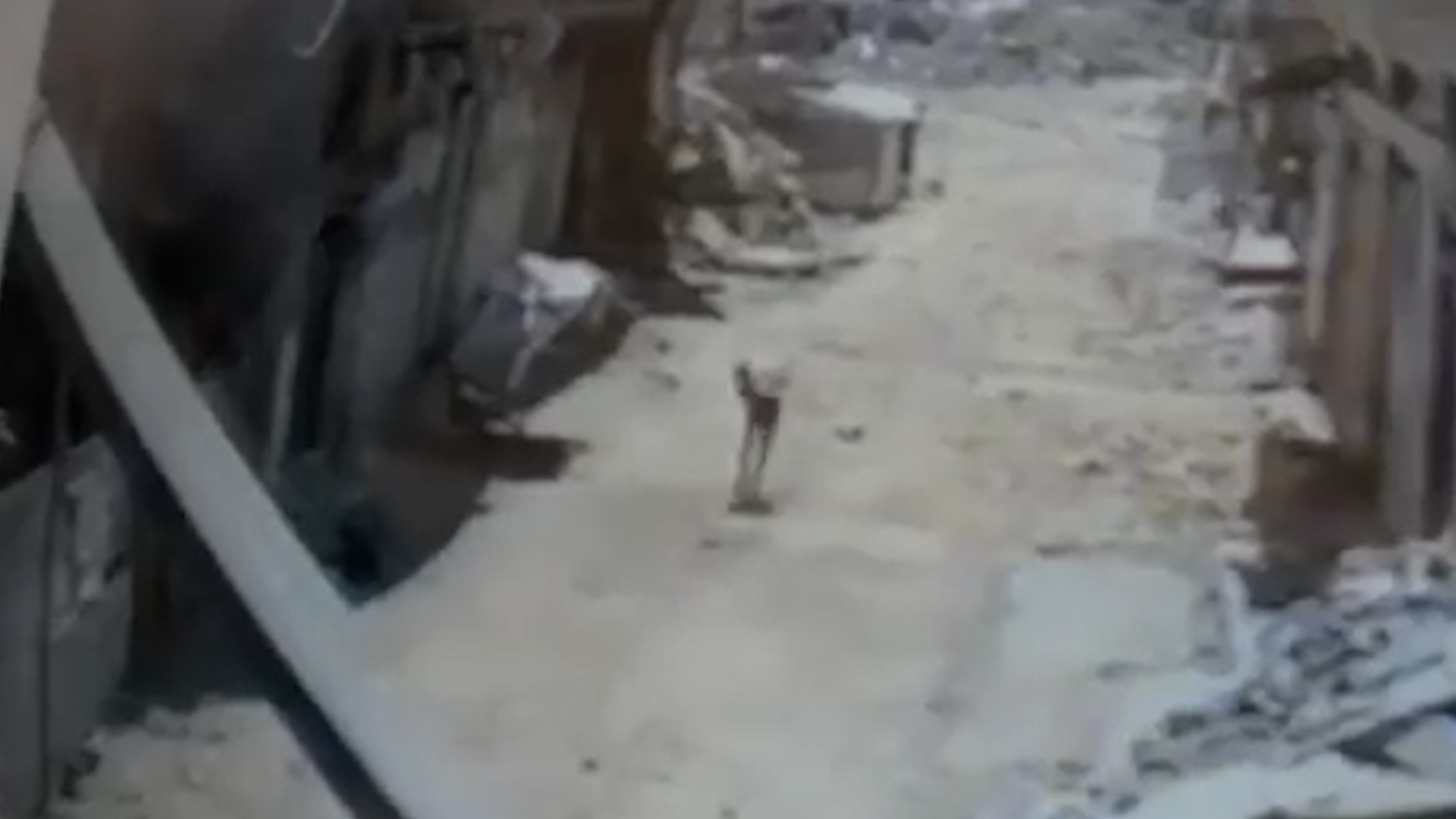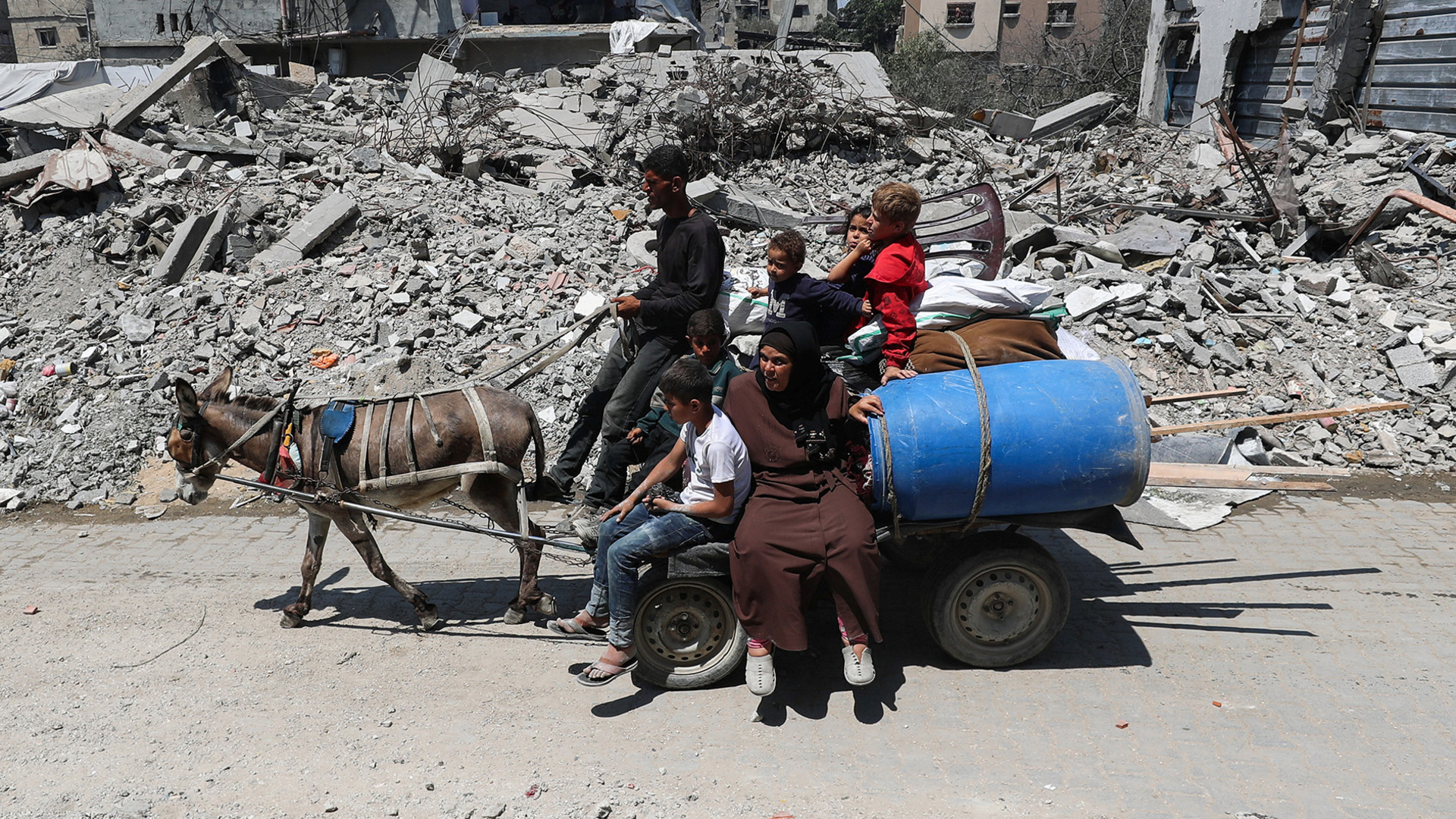Trump says Israel agrees to ceasefire conditions as 109 killed in Gaza | Israel-Palestine conflict News
Israeli forces have killed at least 109 Palestinians in attacks across the Gaza Strip, medical sources told Al Jazeera, even as United States President Donald Trump claimed that Israel had agreed to “the necessary conditions” to finalise a 60-day ceasefire.
Trump wrote on his Truth Social site on Tuesday that the US would work “with all parties” to end the war on Gaza during the ceasefire, and called on Hamas to agree to the deal.
Trump’s comments came after a particularly bloody day in Gaza, as Israeli attacks destroyed clusters of homes in the north and south of the enclave, amid fears of yet another looming ground invasion.
The attacks come ahead of a planned visit next week by Netanyahu to Washington, DC. Trump said on Tuesday that the Israeli prime minister wanted to end the war on Gaza, even as his forces ramp up attacks in Gaza.
Among the Palestinians killed were 16 hungry aid seekers who died when Israeli soldiers attacked crowds at aid distribution hubs run by the controversial US- and Israeli-backed Gaza Humanitarian Foundation (GHF), according to medical sources.
They are the latest victims in a wave of daily killings at these sites, which have killed nearly 600 Palestinians since GHF took over limited aid deliveries in Gaza in late May amid a crippling Israeli blockade.
More than 170 major international charities and nongovernmental organisations have called for an immediate end to GHF, which rights groups say is operating in violation of international principles.
“Palestinians in Gaza face an impossible choice: starve or risk being shot while trying desperately to reach food to feed their families,” a joint statement read.
GHF brings “nothing but starvation and gunfire to the people of Gaza,” it added.
Israeli forces also attacked Gaza City in the north, where it recently issued forced evacuation orders for residents of the area, which has already been bombarded into rubble. At least five people were killed when an Israeli quadcopter struck a gathering of people, local news agency Wafa reported.
At least 82 percent of Gaza is now an Israeli-militarised zone or under forced displacement threats, according to the United Nations, warning people have nowhere to go.
Ismail, a resident of the Sheikh Radwan suburb of Gaza City, said that newly displaced families were setting up tents in the road, after fleeing from areas north and east of the city and finding no other ground available.
“We don’t sleep because of the sounds of explosions from tanks and planes. The occupation is destroying homes east of Gaza, in Jabalia and other places around us,” he said.
‘Waiting room for death’
In Khan Younis and its al-Mawasi area in the south, at least 12 Palestinians were killed when a home belonging to the al-Zanati family was targeted. Separately, a child was killed and several others wounded when an Israeli air strike struck a displacement camp.
Several more were killed in an Israeli attack west of the Nuseirat refugee camp in central Gaza, according to sources at al-Awda Hospital, while two others were killed and several wounded in a separate attack on a UN-run school sheltering displaced families in the al-Maghazi refugee camp.
In a statement, the Israeli army said it attacked Gaza more than 140 times in the past 24 hours, claiming all those hit were “terror targets” and “militants”.
The attacks come as hospitals in the devastated enclave struggle to cope with the influx of people amid a severe shortage of medical supplies and much-needed fuel.
Al Jazeera’s Hani Mahmoud, reporting from Gaza City, said critical services at the al-Shifa Hospital – which has come under attack and besieged several times throughout Israel’s assault on Gaza – will soon come to a halt.
“Critical services at al-Shifa Hospital have either stopped or will stop in the coming hours as backup generators are running out of fuel,” Mahmoud said.
“This hospital was once the largest healthcare facility in Gaza, but has slowly turned into a waiting room for death, not just because of the war wounds, but because of a lack of fuel that keeps everything running,” he said.
Hope for deal ‘next week’
The desperate situation in Gaza is increasing the pressure on world leaders to secure a deal that would end the war.
Trump continues to maintain that a ceasefire deal is close, and that he hopes one will be secured “sometime next week”, during Netanyahu’s White House visit.
Israeli Strategic Affairs Minister Ron Dermer, a close Netanyahu ally, is in Washington this week for talks with senior officials on a Gaza ceasefire, Iran and other matters.
Senior Hamas official Sami Abu Zuhri said pressure by Trump on Israel would be key to any breakthrough in stalled ceasefire efforts.
“We call upon the US administration to atone for its sin towards Gaza by declaring an end to the war,” he said.
Al Jazeera’s Hamdah Salhut, reporting from Amman, said there is “cautious optimism” in Israel regarding a ceasefire.
“But there are still a lot of concerns, especially among family members of Israeli captives who have been calling for a deal,” Salhut said, adding that Netanyahu “has never signalled he wants to end the war”.
But Hamas has insisted it would not agree to any deal that does not include a full Israeli withdrawal from the Strip and a permanent halt to the war, which has so far killed more than 56,000 Palestinians since it began in October 2023.
Meanwhile, key mediator Qatar has reportedly sent an updated proposal to Hamas and Israel. According to Axios, the proposal includes a 60-day truce and the release of 10 captives, and would serve as the basis for negotiations aimed at a permanent end to the war and new governance for Gaza.
